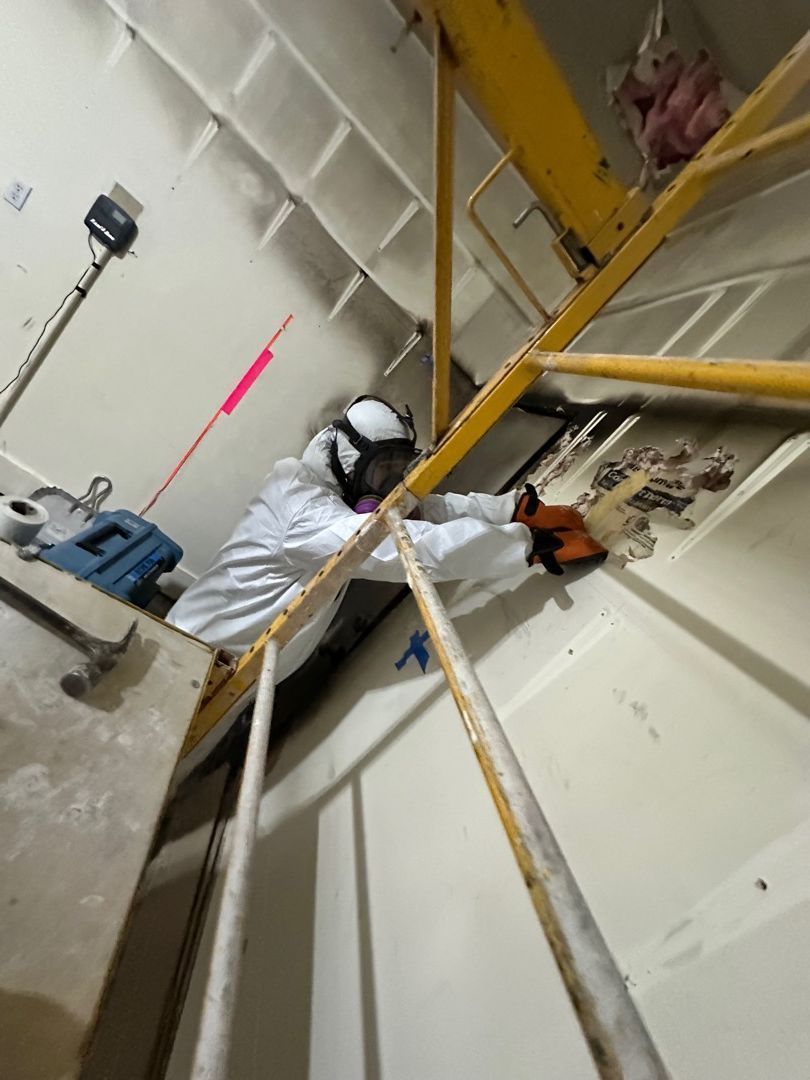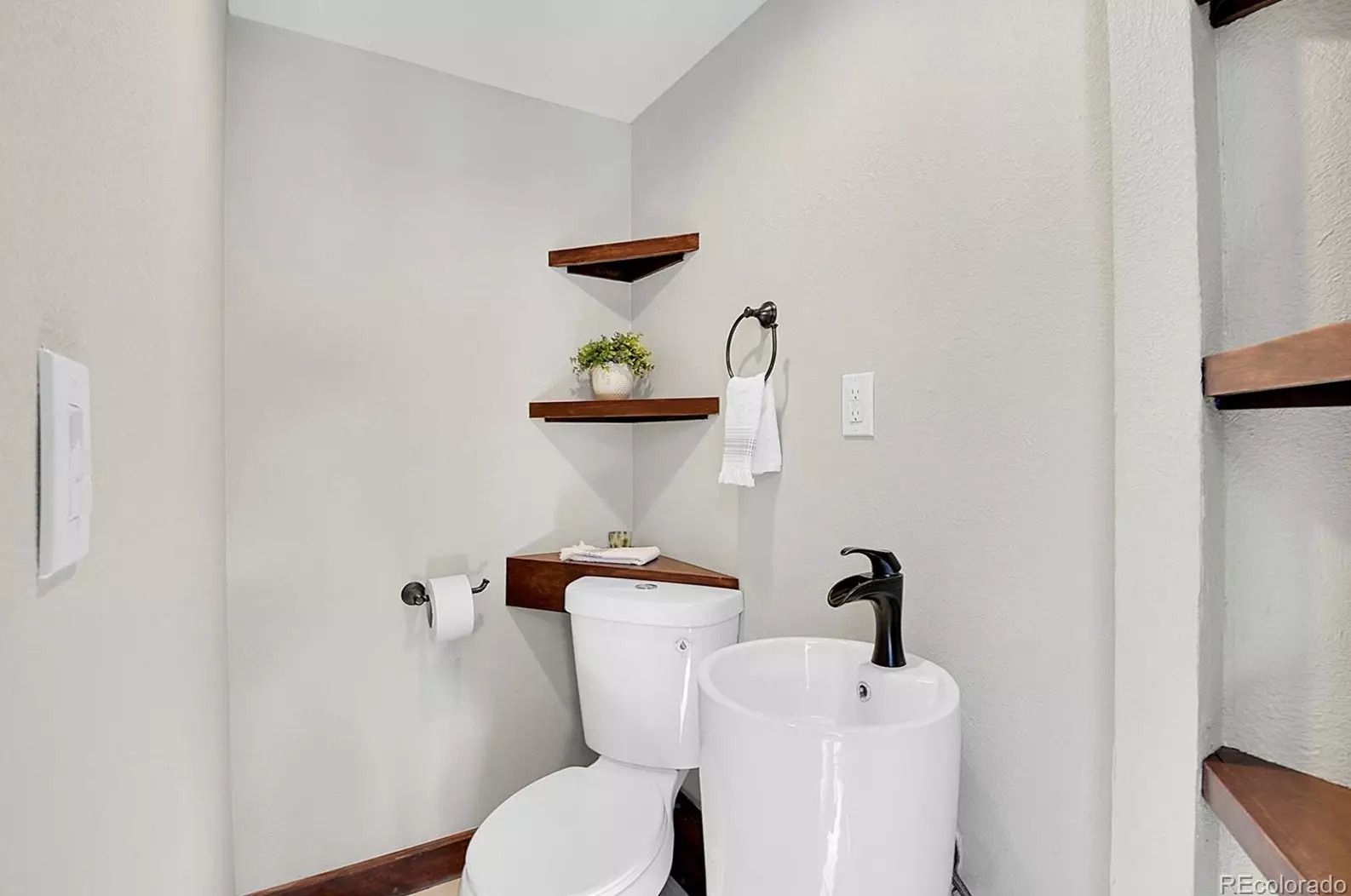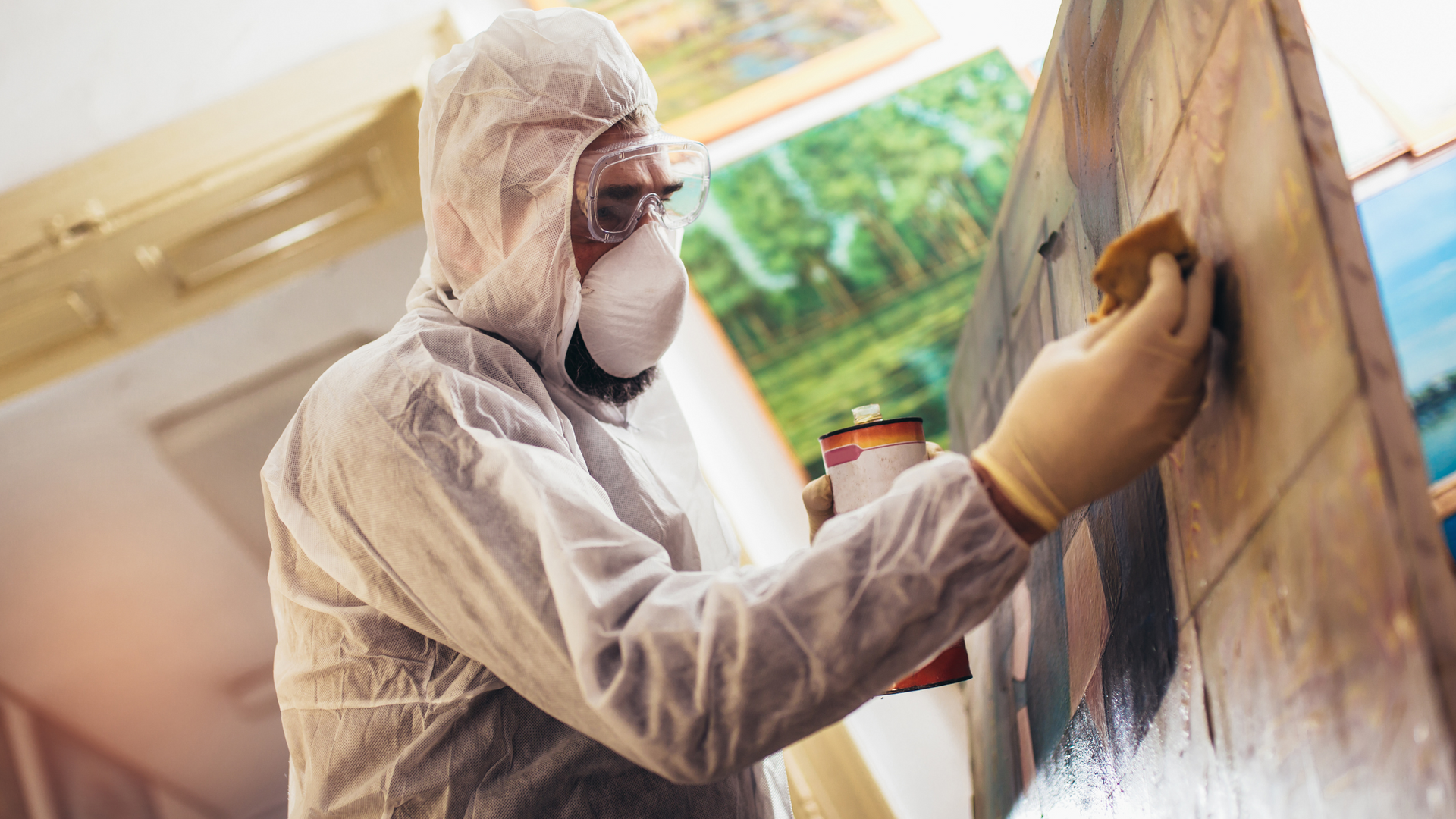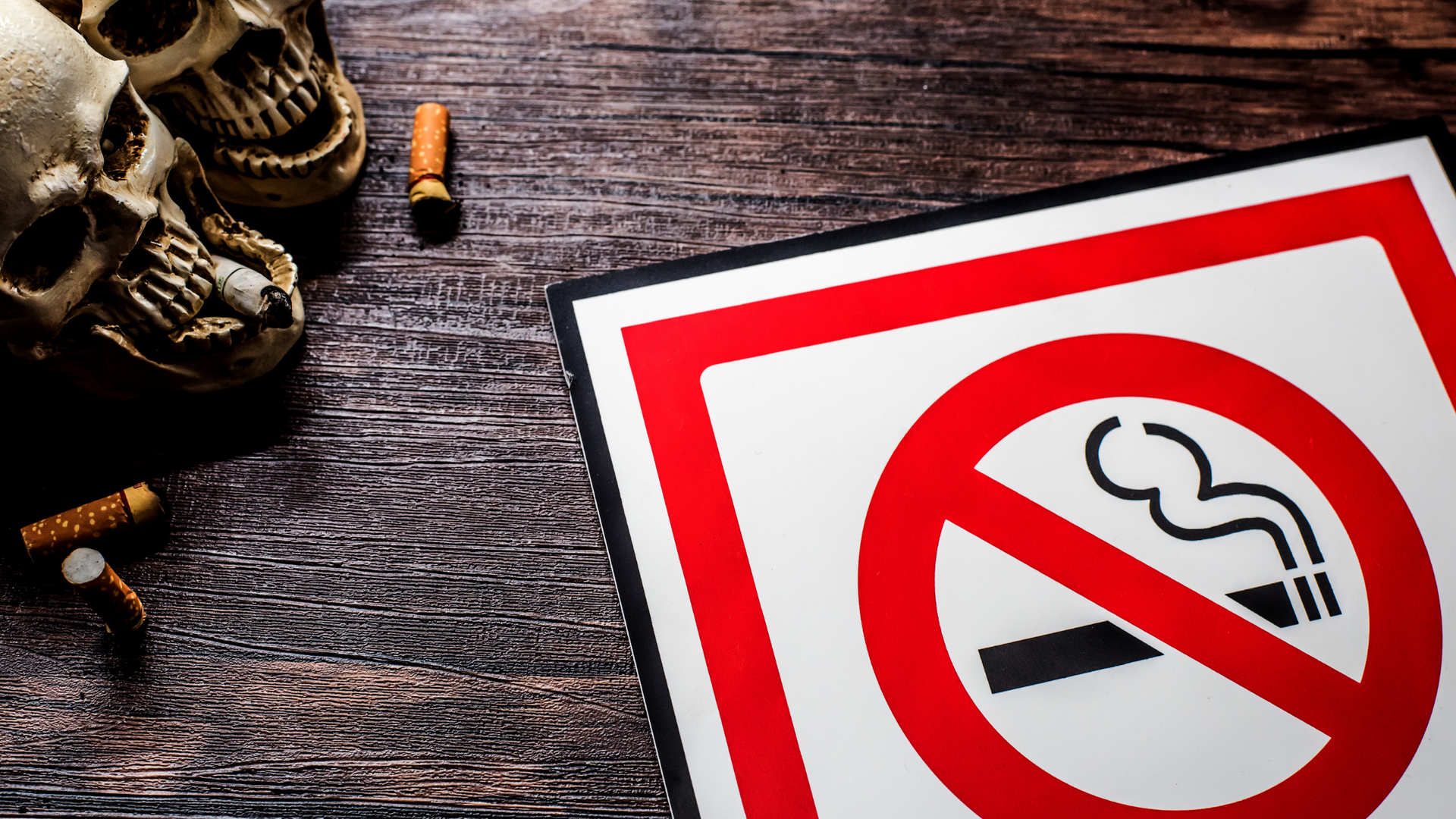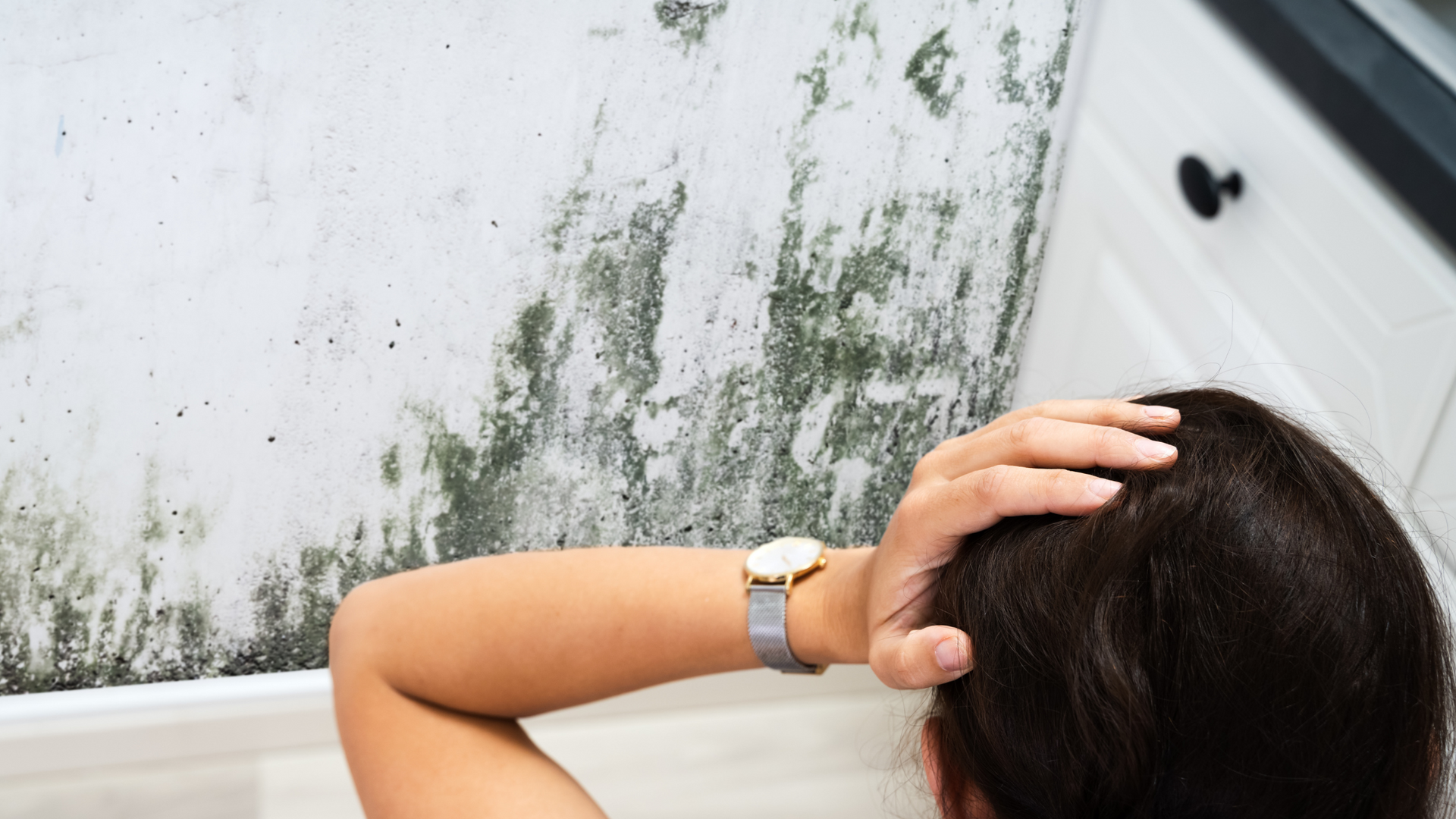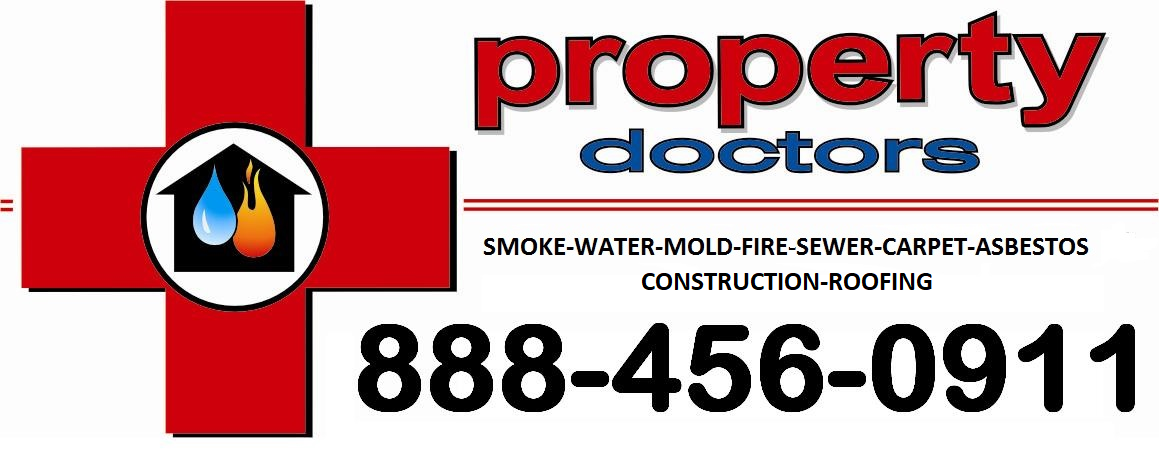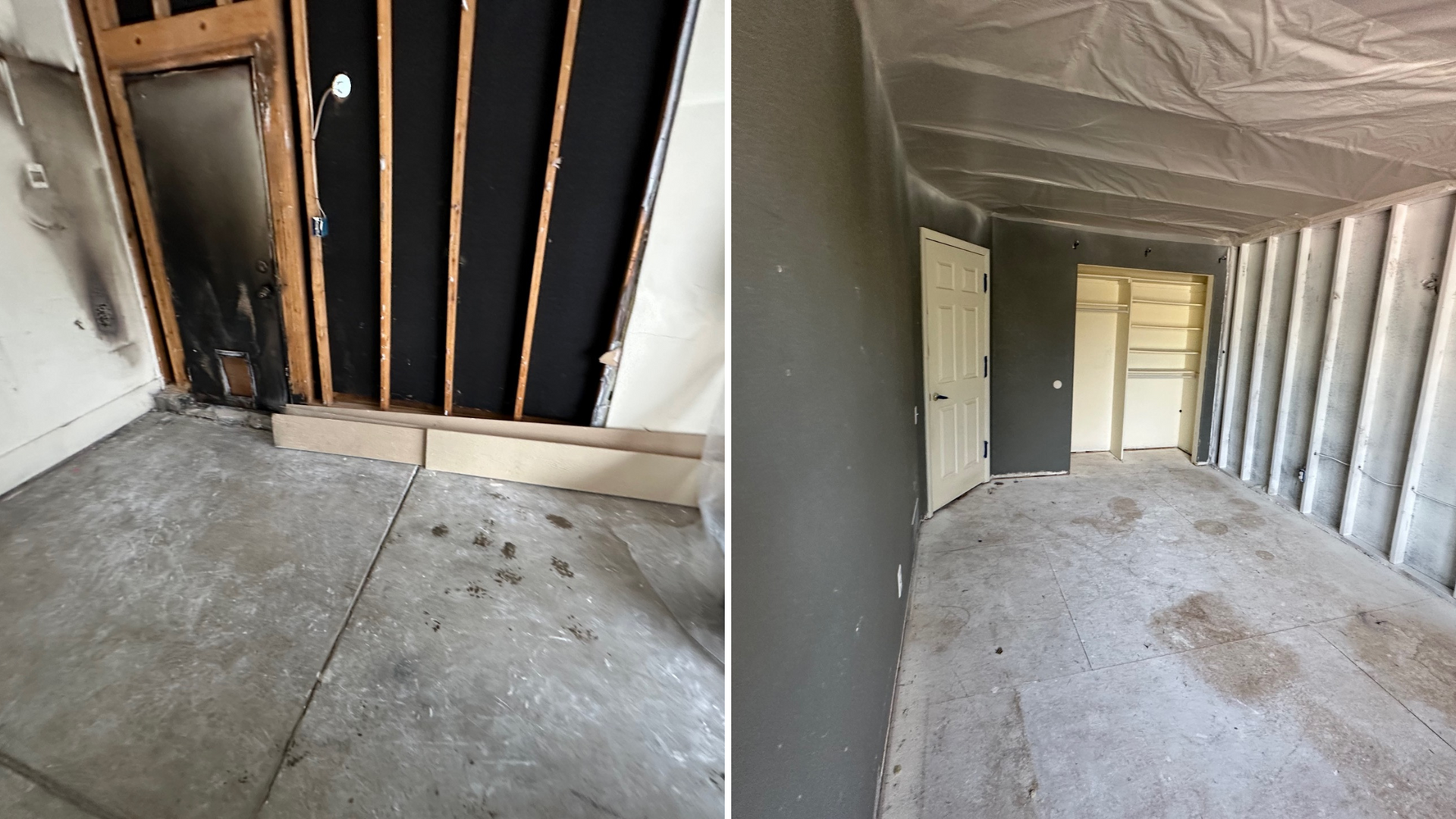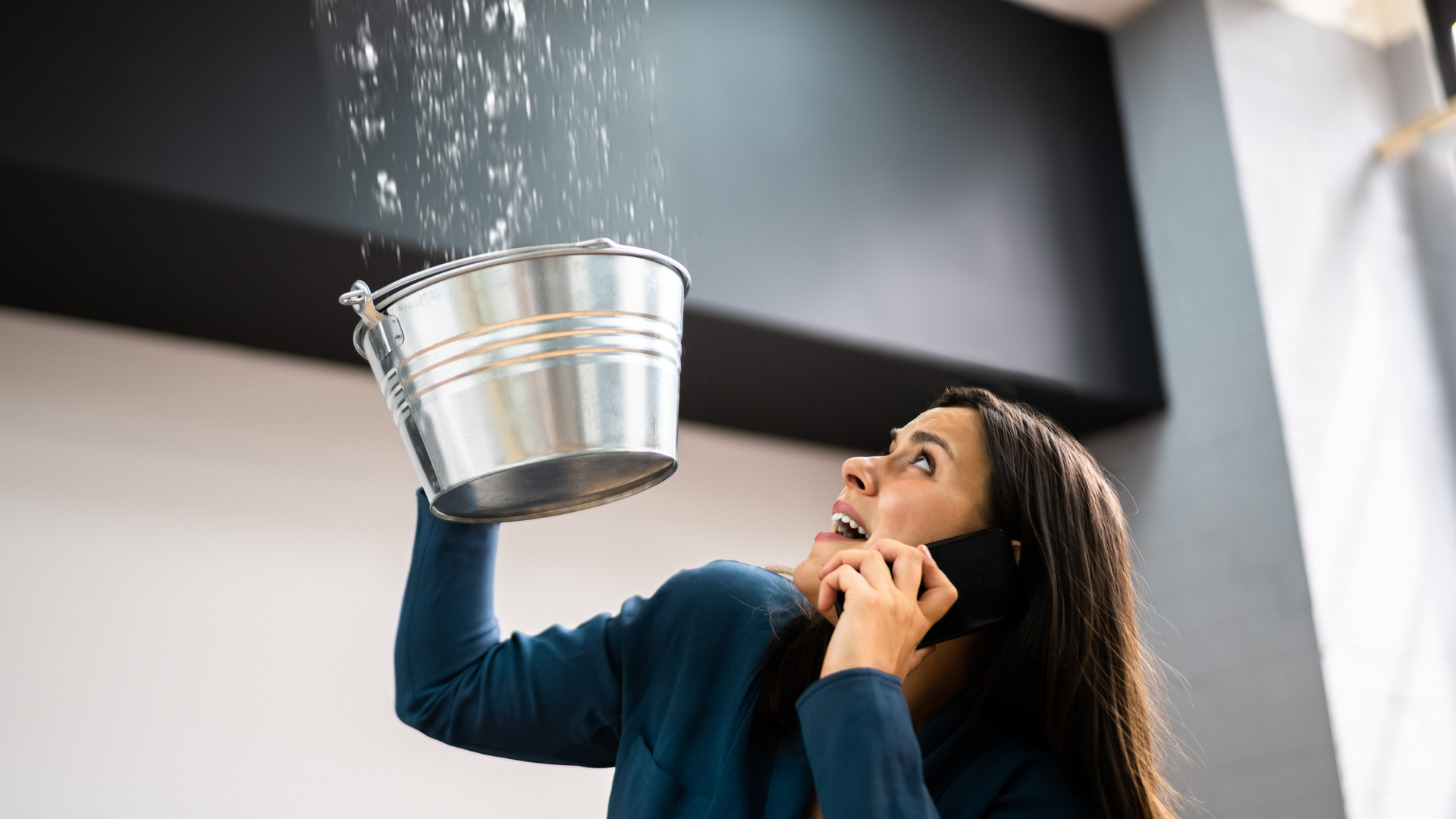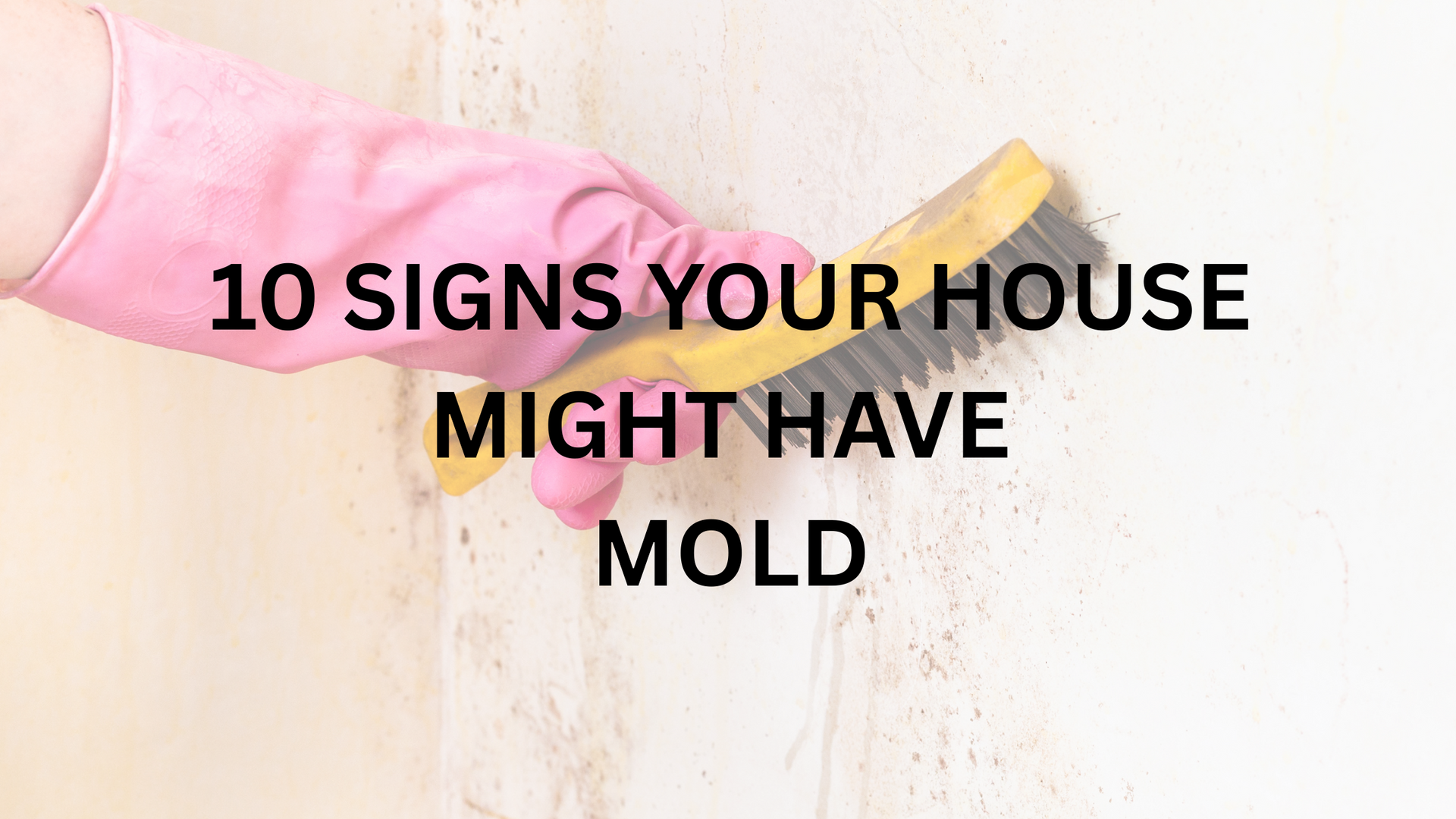By Elizabeth Ogunseye
•
May 7, 2025
At Property Doctors, we care deeply about the safety of our local communities. In this blog, we’ll explore the top 10 reasons your smoke alarm goes off randomly and provide helpful tips to keep your home safe from both false alarms and potential fire hazards. 1. Dust and Debris in the Smoke Detector Smoke alarms use sensors to detect smoke particles in the air. If dust or debris enters these sensors, it can cause a false alarm. This is especially common in homes with high levels of dust, such as basements or homes with older HVAC systems . Property Doctors Tip: Clean your regularly to prevent dust buildup. Use a soft brush or a can of compressed air to gently clear the unit. Ensure you follow the manufacturer’s instructions for cleaning. 2. Low Battery or Power Issues A low battery is one of the most common reasons for a random alarm. Smoke alarms are designed to chirp or beep when the battery is running low. If your smoke alarm continues to go off intermittently, it could be a sign that it needs a new battery or that it’s experiencing power fluctuations. Property Doctors Tip: Test your smoke alarms regularly and replace the batteries at least once a year. In Denver , where winter temperatures can affect battery performance, you should also check them before the cold months. 3. Humidity or Steam in the Air Excess moisture from showering or cooking can trigger a smoke alarm , especially if the bathroom or kitchen is poorly ventilated. Smoke detectors are sensitive to both smoke and steam, so humidity can set off the alarm. Property Doctors Tip: Use your kitchen and bathroom exhaust fans to reduce moisture in the air. When cooking, keep the door to the kitchen open, and ensure steam doesn’t accumulate too much around your smoke alarm. 4. Cooking Fumes or Smoke Cooking, especially frying or grilling, can create a lot of smoke. If you’re using your stove or oven, the smoke from burned food or grease can cause the alarm to go off, even if there’s no real fire. Property Doctors Tip: Avoid using the alarm in areas where cooking fumes are common. Instead, ensure the kitchen is well-ventilated and that any food spills or oil splatters are cleaned immediately. 5. Insects or Other Pests Insects, particularly spiders and cockroaches, are drawn to the warmth of smoke detectors . If they get inside the unit, they can cause malfunctions or trigger the alarm randomly. This is a known problem, especially in homes located in areas like Boulder and Golden, where insect activity is common. Property Doctors Tip: If you suspect pests inside your smoke detector, it’s time to call a professional. Have the unit inspected and cleaned by a technician, and take steps to prevent pest infestations in your home. 6. Old or Faulty Smoke Alarms Like all electronic devices, smoke detectors don’t last forever. An alarm that is over 10 years old may begin to malfunction or give false alarms. The sensors inside the unit degrade over time, making them less accurate at detecting smoke and more likely to go off randomly. Property Doctors Tip: Replace your smoke alarms every 10 years or sooner if they begin malfunctioning. Investing in newer models can provide better protection and prevent false alarms. 7. Excessive Dust from Renovations or Construction If you’re renovating your home or conducting construction work, you may notice random smoke alarms going off, especially in areas like ceilings and attics. Construction dust can clog the sensors of your smoke detector, leading to false alarms. Property Doctors Tip: During renovations, keep the smoke alarms covered to protect them from dust. Once the work is completed, make sure to clean or replace the detectors as needed. 8. Temperature Fluctuations Extreme temperature changes, especially in areas like Denver, where temperatures fluctuate rapidly between seasons, can cause smoke detectors to malfunction. Cold or hot air from windows, vents, or other areas can affect the sensors, making them overly sensitive. Property Doctors Tip: Ensure your smoke detectors are installed in places where they won’t be affected by drafts or extreme temperatures, such as near doors or windows. 9. Improper Installation or Location If your smoke alarm is installed too close to a vent, in a high-traffic area, or near a ceiling fan, it may be more sensitive to air movement, causing random alarms. Additionally, if the alarm is installed too far from the kitchen, it might be triggered by cooking fumes, or too close to the bathroom, where steam is common. Property Doctors Tip: Ensure your smoke detectors are installed in the correct locations—at least 10 feet away from stoves, 15 feet from bathrooms, and away from drafty areas. Refer to your manufacturer’s guidelines for ideal placement. 10. Carbon Monoxide Alarm Triggering In some cases, the carbon monoxide detector may be mistakenly connected to the smoke alarm system, causing it to go off. If you notice a faint, beeping sound and your smoke alarm isn't detecting smoke, it may actually be a carbon monoxide alarm. Property Doctors Tip: Ensure that your smoke detector and carbon monoxide detector are separate devices, or check the manufacturer's instructions for combined alarms. Regularly test both units to ensure they're functioning properly. 11. Incorrect Smoke Detector Model for Your Home Some smoke detectors may be more sensitive to certain factors, such as humidity, cooking fumes, or dust, depending on their design. Homes with larger kitchens or more humid bathrooms may need specialized smoke detectors that can handle those environments without triggering false alarms. Property Doctors Tip: Consult with a professional to determine the best smoke alarm for your home environment. Certain photoelectric or ionization detectors are better suited for specific conditions. 12. Power Surges or Electrical Issues Power surges caused by electrical storms, poor wiring, or faulty circuits can cause your smoke alarm to malfunction. This issue is especially common in older homes with outdated electrical systems in areas like Lakewood and Wheat Ridge. Property Doctors Tip: If your home is prone to electrical issues, consider installing smoke alarms with battery backups or those that don’t rely on your home’s electricity. Regularly check for wiring problems in your electrical system. 13. Pets Triggering the Alarm If you have pets, you may find that their movements, particularly in the kitchen or near vents, can trigger the smoke alarm. This is more common in homes with small pets, such as cats or dogs, who may jump on counters or get too close to the detectors. Property Doctors Tip: Keep your pets away from smoke alarms and vents. If this remains a problem, consider installing smoke alarms out of reach. 14. The Presence of Large Electrical Appliances Large electrical appliances, such as space heaters or electric fireplaces, can cause localized temperature changes that may trigger false alarms, particularly in rooms where the smoke detectors are located. Property Doctors Tip: Make sure to place smoke alarms away from space heaters and other high-temperature appliances to avoid false alarms caused by temperature fluctuations. 15. Ventilation and Airflow Issues If your home’s ventilation system isn’t functioning correctly, the airflow around your smoke alarm could trigger it. Air movement from fans, vents, or even large appliances can affect the alarm’s sensor, causing it to go off when there is no smoke or fire present. Property Doctors Tip: Regularly clean and maintain your ventilation system to ensure it’s not interfering with the functionality of your smoke alarms. Conclusion: Why Proper Smoke Alarm Maintenance is Essential in Denver As a Denver homeowner , ensuring your smoke alarm is properly maintained is crucial to keeping your family safe. False alarms are more than just an annoyance—they can also indicate underlying issues with your home’s environment, electrical system, or plumbing. At Property Doctors, we encourage homeowners in Denver, Arvada, Lakewood, Boulder, and surrounding areas to regularly check and maintain their smoke detectors. If your smoke alarm i s going off randomly, don’t hesitate to call Property Doctors for a professional inspection. Your safety and peace of mind matter most, and we’re here to help.
